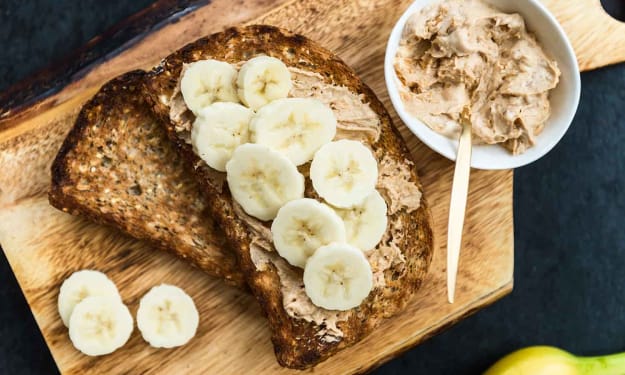What Should I Do if a Food Product I Ate Was Recalled?
Don't freak out! You can still take the appropriate steps to be healthy.

It seems that in the last few years, food recalls have become a normal occurrence. There were more than 700 last year alone in everything from lettuce to beef. According to experts, these recalls may not signal a world-wide catastrophe. Instead, they might just be indicative of stricter inspection protocols and better testing. If you do happen to eat a food product that you later find out was recalled, there are a few things you need to know.
Why do foods get recalled?
Food products can be recalled for all kinds of reasons. Many times, it’s out of precaution rather than something deadly. But occasionally, there can be a cause for concern. One of those instances is cross-contamination. Cross-contamination is inevitable in some food products, like soy, peanuts, and wheat. And these can pose a problem for people with severe allergies to these substances. Producers are legally allowed to sell such items this way as long as it’s properly disclosed.
Not all foods follow this rule, however. Since manufacturers often produce several different products in the same factory, there are many chances of cross-contamination between foods. This is especially true if the equipment isn’t properly cleaned after each type of product. Oftentimes, a company will recall a food if they find residue from one food after processing another. An example of this would be almond milk. Last year, certain brands of almond milk were voluntarily recalled because the company realized it might have been cross-contaminated with cow’s milk. This poses a problem because many people that consume almond milk do so because of serious allergies to dairy.
Another reason food can be recalled is because of contamination. Metal, wood, plastic, glass, and pieces of pests are all examples of foreign objects that have been found in food in the past. These items can get into food either because of equipment malfunctions or simple human error. But no matter how it happens, a recall is inevitable.
What you should look for
If you suspect you’ve just ingested a recalled food, first check the product carefully. Is the recall for the specific brand you’ve purchased? If so, look for further details. For example, most recall notices are for products with specific expiration dates, regions, and sometimes serial numbers.
Next, find out exactly why the product was recalled. If it was recalled for cross-contamination with a particular allergen that you’re not allergic to, you have nothing to worry about. But if it’s recalled for a pathogen or foreign material, it may need further investigation. Most of the time, recall information will include symptoms to be alert for. If the food contained a pathogen like E. coli or listeria, you could experience diarrhea and vomiting.
Who you should talk to
If you do develop any of these systems, you need to see a doctor right away. Some people prefer to see their doctors as soon as they find out they might have been exposed to a recalled food, just to rule any negative reactions out. If you are exposed to a substance that causes you distress or excessive medical care, you might have legal options. Because there are such huge costs associated with medical care, it’s possible that the food manufacturer who caused the issue should be held responsible. It’s a good idea, in these situations, to talk to an attorney immediately about your rights. Check out a site like preszlerlaw.com to find a bodily injury lawyer who might take your case. Many times, such attorneys have already heard from other clients, and your case can be added to the list for compensation.
If you’ve ingested food that has been recalled, it’s important to stay calm and take the appropriate next steps. Be sure to research the recall thoroughly, as in most cases, there is little to worry about. However, if you find that the issue may be a bit more serious, especially if you feel pain after eating or drinking, schedule an appointment with your doctor or visit an emergency room. In such cases, compensation may be available to you. Consult with a personal injury attorney to learn about the options available to you.





Comments
There are no comments for this story
Be the first to respond and start the conversation.